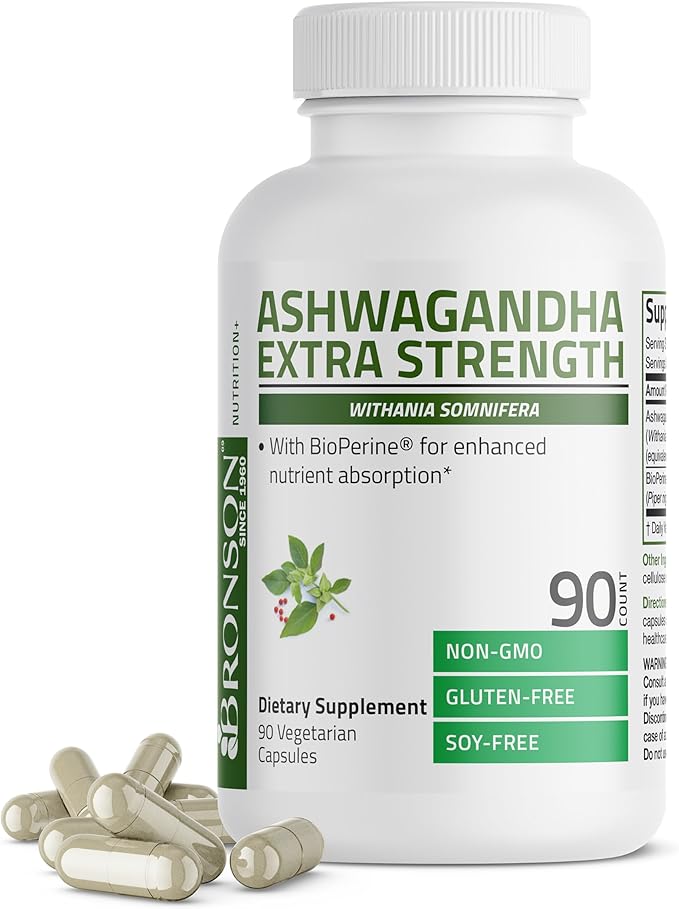Can you take Alpha Linolenic Acid and d-Beta Tocopherol together?
Interaction Details
Taking Alpha Linolenic Acid and d-Beta Tocopherol together has the potential for good synergy, suggesting a rating of 4 out of 5.
Alpha Linolenic Acid (ALA) is an omega-3 fatty acid that supports heart health and has anti-inflammatory properties. d-Beta Tocopherol, a form of Vitamin E, is known for its antioxidant properties, protecting cells from damage and supporting skin health. When taken together, ALA and d-Beta Tocopherol may exhibit synergistic effects due to their combined antioxidant and anti-inflammatory actions. The polyunsaturated nature of ALA could complement the antioxidant properties of d-Beta Tocopherol, potentially enhancing the protection against cell membrane damage and oxidative stress. This combination might support overall cardiovascular health and offer enhanced protection against environmental stressors.
Potential Benefits
Potential Risks
Alpha Linolenic Acid
Alpha-Linolenic Acid (ALA) is an omega-3 fatty acid found in plant-based foods such as flaxseeds and walnuts. It is considered an essential fatty acid because the human body cannot produce it on its own.
Some benefits of ALA include supporting heart health and reducing inflammation.
d-Beta Tocopherol
d-Beta Tocopherol is a form of vitamin E, one of the four tocopherols (alpha, beta, gamma, delta) that make up the vitamin E family. It is known for its antioxidant properties.
